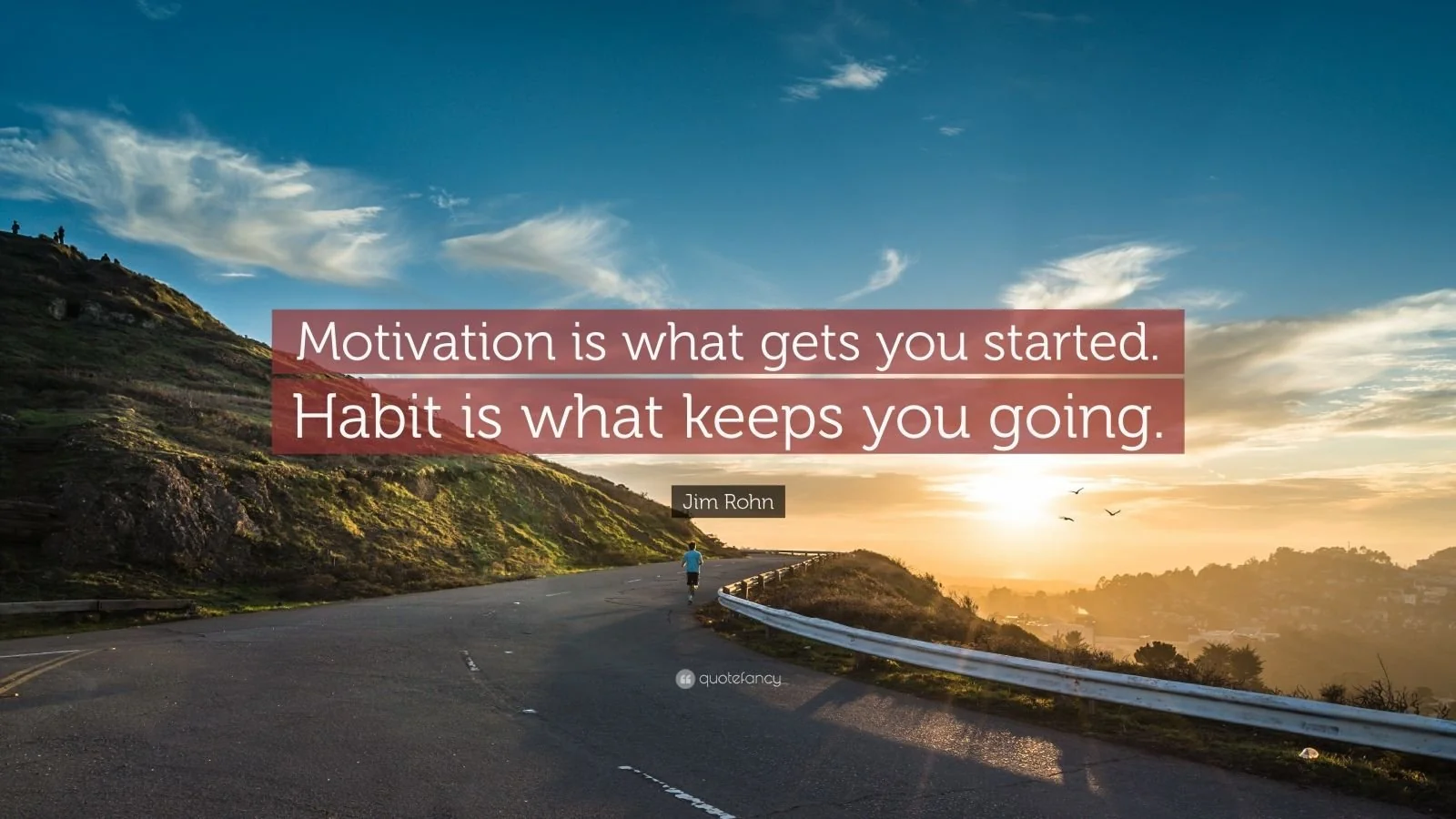Have you ever caught yourself thinking, “I’m studying every day, but my scores aren’t improving…”?
You’re not alone. I’ve been there myself—especially during USMLE prep—and I’ve heard the same frustration from nearly every student I’ve tutored. It’s discouraging when you’re putting in the time but not seeing the results you hoped for. But here’s the truth:
Progress isn’t always visible right away.
When the goal is big (like crushing Step 1 or Step 2), the effort has to match—and it takes time. You don’t become a doctor after one semester of medical school, and you won’t become a master of the USMLE after one week of studying. Growth happens in the background. You may not notice it today or even this week—but one day, you’ll look back and realize just how far you’ve come.
That’s the power of consistency.
Of course, if it’s been multiple weeks with zero improvement, it’s worth taking a hard look at your study strategies. But, every time you are discouraged by lack of results, remember that it often takes consistency to achieve goals.
With that said, there are strategies that you can use to maintain motivation.
So let’s talk about how to stay motivated—even when the results aren’t showing up yet.
🔥 Motivation vs. Discipline
Let’s start with a myth: You don’t have to be motivated all the time.
In fact, you won’t be. Nobody is.
But you do have to be disciplined. And the good news is, discipline can be trained.
That said, there are science-backed ways to increase motivation and make discipline easier to sustain. Here are some of my favorite strategies I’ve used myself and with students I’ve coached:
💡 Understand What Drives You
There are two types of motivation:
- Intrinsic motivation: You do something because it’s personally meaningful, enjoyable, or aligned with your identity.
- Extrinsic motivation: You do something to get a reward (like a good score) or avoid a punishment (like failing).
You need both. Use extrinsic motivation to get started, and intrinsic motivation to keep going.
How to tap into intrinsic motivation:
🔹 Make it enjoyable
Use active learning: do practice questions, make colorful mind maps, or teach what you learned to your pet. Switch up your study spot—new environments can create a spark.
🔹 Make it meaningful
Ask yourself: How will learning this make me a better doctor?
Reflect weekly on how your knowledge is growing. You’ll be surprised by how far you’ve come.
🔹 Connect it to your identity
Are you someone who works hard? Who keeps their word? Who wants to help others? Remind yourself of your why. Write it down. Put it on your wall. Mine? I always thought about how studying now would help me save lives later and support my family.
🎯 Use Psychology to Your Advantage
We often wait to celebrate until we’ve hit a big milestone—like finishing UWorld or passing Step 1. But that’s a mistake.
Why? Because dopamine—the molecule of motivation—isn’t released at the finish line. It’s released as you progress.
So every time you follow through on your plan, celebrate it.
✅ Finished a hard day of studying and met your question goal for the day? Go grab coffee with a friend.
✅ Completed your flashcards? Take a walk.
✅ Just sat down to start studying, even though you didn’t want to? Tell yourself, “Yes. I’m on the right track.”
It’s not about the reward—it’s about reinforcing the process.
🔍 Try Visualization (It Actually Works)
There are two types of visualization that can fire up your motivation:
🔸 Negative visualization: Picture what will happen if you don’t stick to your habits. Will you have to delay your exam? Miss a rotation? Realizing this early can help you pivot.
🔸 Positive visualization: Picture yourself passing your exam, graduating, becoming the doctor you were meant to be. How will it feel to call your family with the good news? Hold onto that feeling.
You can also boost your interest in a boring topic by explaining it to someone else—even your cat. (Seriously.) In the process, you might convince yourself it’s interesting.
🎵 Use Music to Get into the Zone
Music faster than 140–150 bpm activates your body and brain. Use it to get moving—whether that’s for a workout or a study session. Create a playlist that hypes you up and gets your energy flowing.
💪 Build Your “Limbic Friction” Muscle
Ever not feel like studying? That resistance you feel? It has a name: limbic friction.
And just like a muscle, the more you train it, the stronger it gets.
Every time you push through that discomfort and just start, you’re making it easier to show up tomorrow.
🎲 Try an Intermittent Reward System
Want a dopamine boost that doesn’t get stale? Try this:
Reward yourself randomly after completing tasks. Maybe it’s a spontaneous dessert, a short break, or a funny pet video. The key is that it’s unexpected—and after you’ve done the work.
Over time, this keeps your brain curious and motivated.
✂️ Reduce the Resistance
Starting is often the hardest part. So make it easier to begin:
- Clear your space of distractions
- Start with the easiest task
- Break your goal into tiny pieces
- Create a checklist and check things off (it’s oddly satisfying)
These small actions release dopamine, help you gain momentum, and make you feel like you’re making progress—which you are.
💭 Final Thoughts
Motivation isn’t about hyping yourself up 24/7.
It’s about:
- Understanding what drives you
- Training discipline like a muscle
- Celebrating process over outcome
- Using psychology to your advantage
Think of motivation like a fire. Every time you celebrate a small win, you’re adding a log to keep it burning.
You don’t need to feel 100% motivated all the time. You just need to keep showing up.
Progress is happening—even when you can’t see it.
Keep going. You’ve got this.



